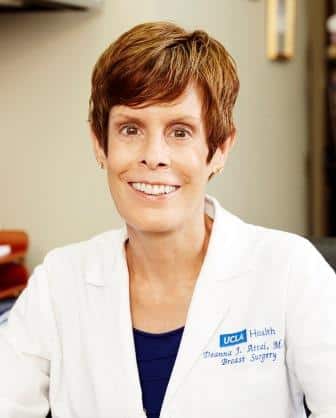Social Media Do’s and Don’ts

DO:
- Do get some basic information from your doctor before you hit the web. Find out tumor type, size, stage, and status of estrogen / progesterone receptors and Her2/neu. Then you can do more directed online research, targeted to you and your specific tumor.
- Do start with reputable sites. The American Cancer Society, National Institutes of Health, the American Society of Clinical Oncology and the American Society of Breast Surgeons all have sites with good quality information. Other organizations include BreastCancer.org, the Komen Foundation, Young Survival Coalition, and of course, Sharsheret. Many major institutions, such as the Mayo Clinic, also have patient education sites with accurate information.
- Do ask friends, family members and co-workers if a particular online website or support group was helpful for them.
- Do consider the use of social media (Twitter, Facebook, etc) to find others with a similar experience, who are willing to share and provide support.
DON’T:
- Don’t assume that just because the individual or organization has a fancy website, that the information is credible.
- Don’t fall for hype or conspiracy theories! Sites or individuals promising cures, prevention, and natural non-toxic therapies are red flags. If it sounds too good to be true, it probably is.
- Don’t forget that if venturing onto social media (Twitter, Facebook, etc) for information and support, privacy settings do not ensure privacy.
- Don’t be afraid to ask your doctor or oncology nurse if s/he recommends specific online resources for you
